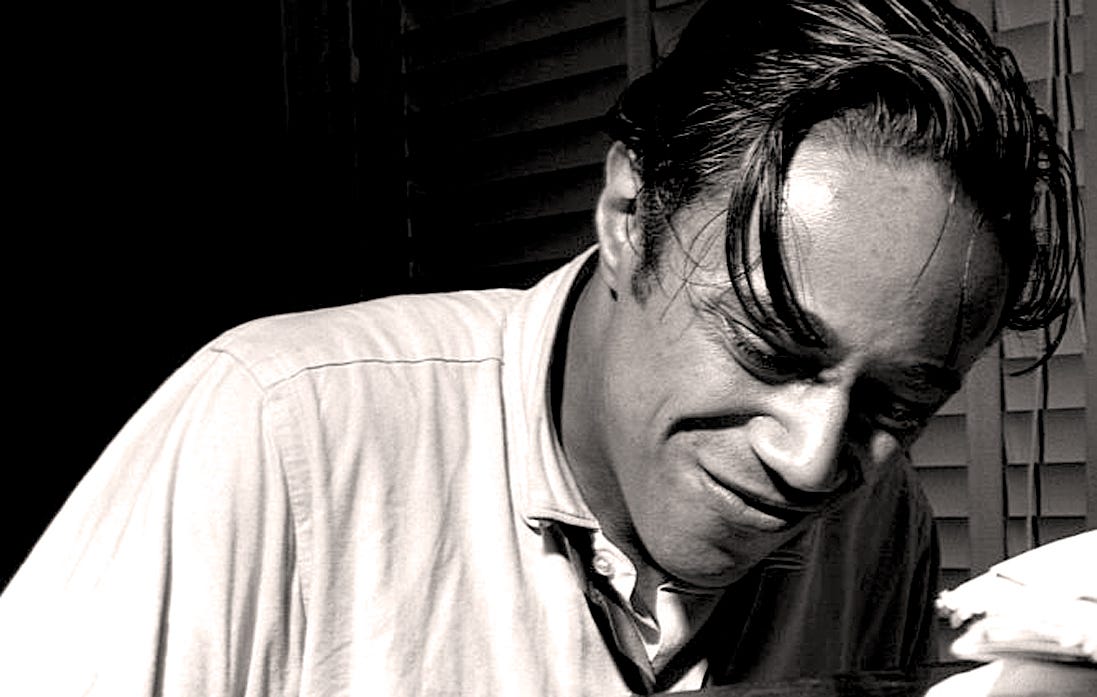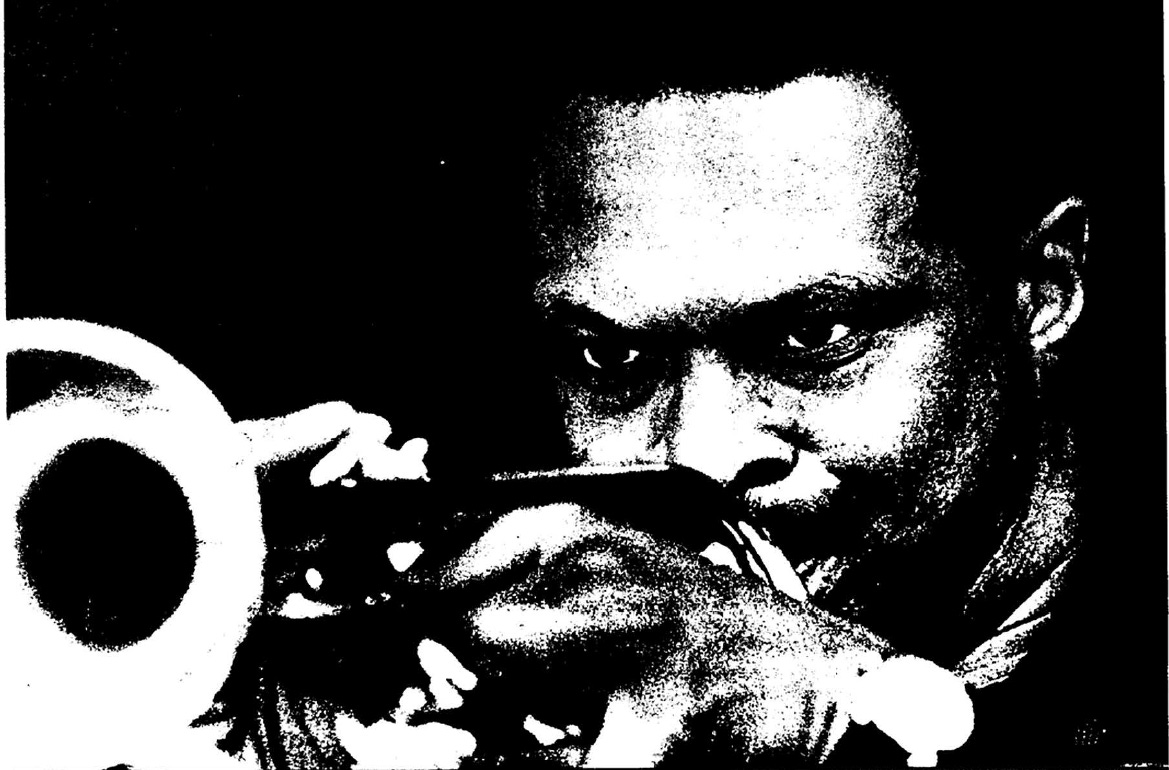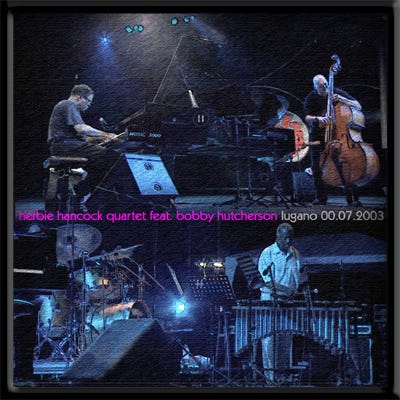Jazz and Coffee Music Monday 12/18/23
Unreleased Live Recordings, Instagram Recaps, and is AI Music Necessarily Bad?
Now Playing:
The end-of-year lists, best-ofs, and gift guides do their intended job, compelling me to investigate releases I might have missed. As I haven’t seen anyone compile a list of the best ROIO (Recordings of Indeterminate Origin, otherwise known by the incorrect slang term “bootlegs”), here are three recent additions to my collection that are getting a lot of spins these past couple of weeks:
Horace Silver Quintet: Live at Festival de Jazz d'Antibes July 22, 1977
Silver is in fine form on piano, leading Tom Harrell (trumpet), Bob Berg (tenor sax), Steve Beskrone (bass), and Eddie Gladden (drums) through a burning take of "In Pursuit of the 27th Man.” This will get your blood pumpin’!
Woody Shaw Live in Bremen April 5, 1976 (Louis Hayes/Junior Cook)
It might be the Louis Hayes/Junior Cook Quintet but this spectacular rendition of "The Moontrane" is all about Woody Shaw. The trumpeter/composer is in peak form here, and this recent digital satellite re-broadcast sounds FANTASTIC. Everyone gets a chance to shine over the 18+ minute workout, but Shaw gets the gold star. Woody Shaw (trumpet), Junior Cook (tenor sax), Ronnie Matthews (piano), Stafford James (bass), Louis Hayes (drums).
Herbie Hancock/Bobby Hutcherson Quintet Estival Lugano July 2003
Herbie Hancock (piano) and Bobby Hutcherson (vibes) are reunited in a quartet format (a la their excellent Oblique album) along with Scott Colley (bass) and Terri Lyne Carrington (drums) for a killer set at the 2003 Lugano Jazz Festival. This is another recent satellite radio rebroadcast making the rounds with superb sound. There are some longer, edgier tracks in the set, but I've got a thing for the track "Little B's Poem."
Instagram Recaps:
It’s a masterclass in possibilities, and it’s an even better listen if you spin Side B first. That puts more emphasis on the aspirations of the album title, but if you’re expecting Avant-garde abstractions, prepare for disappointment. Byrd’s quintet explores the edges, though they’re still coloring (for the most part) inside the lines. However, there’s a wide variety of lines to enjoy, making Free Form an evolutionary Byrd record rather than revolutionary and keeping listeners on their toes with multiple stylistic shifts. The seductive “French Spice” stirs the intellect and libido—it’s definitely about foreplay and/or should be played during. The modal title track develops deliberately and patiently, gradually overtaking the room like the ocean creeping slowly towards your place on the beach despite the illusion that the current is pulling the waves further out to sea. Side A is no slouch, though it’s more firmly rooted in the hard-bop stylings of prior Byrd albums. That’s not a bad thing at all, particularly given the mad talents of this quintet which includes Herbie Hancock-piano, Wayne Shorter-tenor sax, Butch Warren-bass, and Billy Higgins-drums. Shorter’s composition “Nai Nai” is KILLER. Free Form was recorded on December 11, 1961–happy anniversary! I’m not an original pressing enthusiast; however, this is one of the few in my collection, BLP 4118, mono.
Happy heavenly birthday, McCoy Tyner! What better way to celebrate than with the unadulterated joy of “Passion Dance” from his Blue Note debut, The Real McCoy. This quartet date is a post-bop tour-de-force, with shades of Coltrane’s quartet (hat tip to Tyner’s Trane-era bandmate Elvin Jones) and a dash of Second Great Quintet stylings, courtesy of bassist Ron Carter. The man who gives the record unique qualities is Joe Henderson, who refuses the casting call of Trane’s understudy and remains true to himself with gruff, occasionally aggressive, but always melodic lines. Henderson and Tyner dig into









